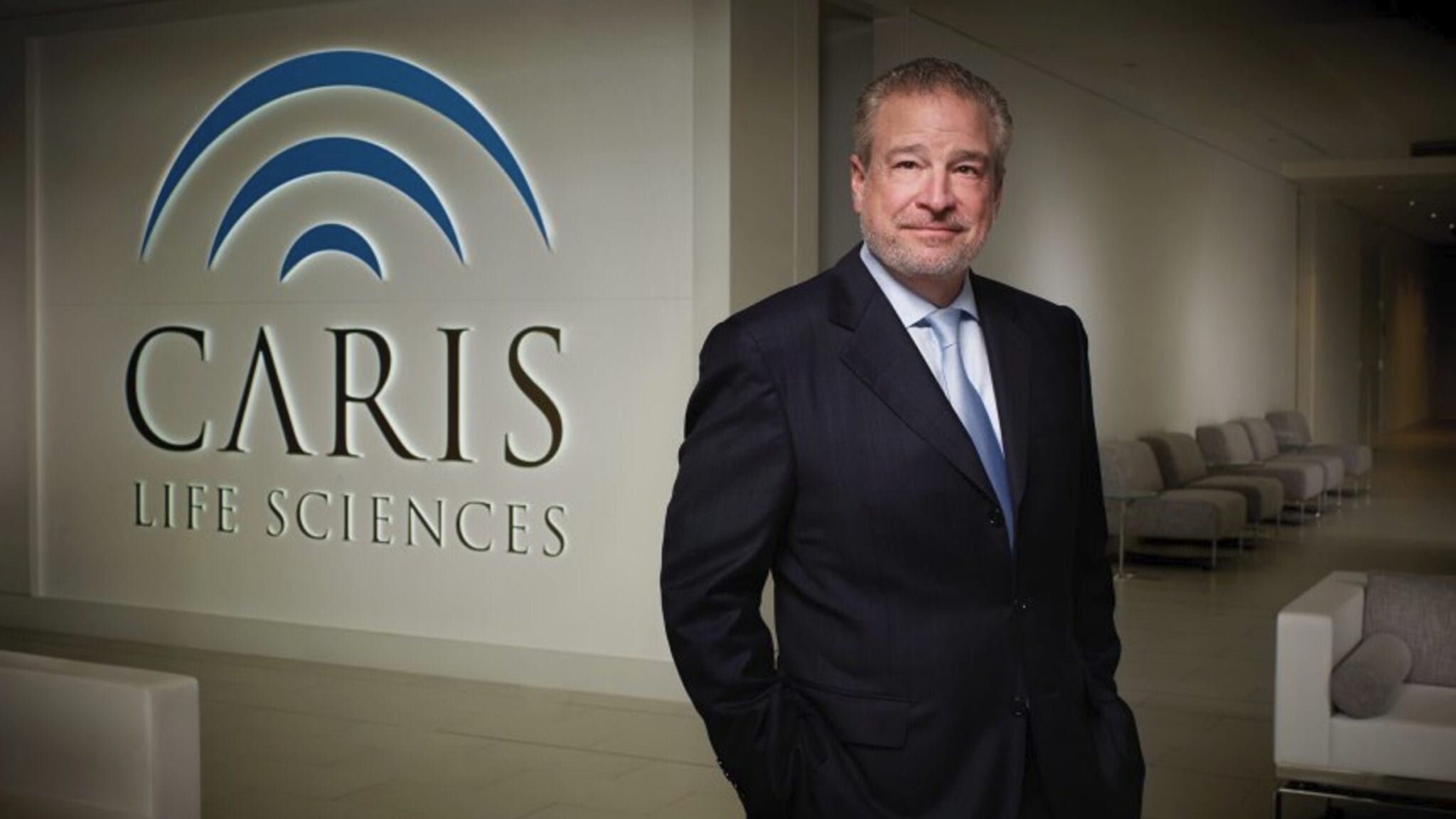
David Halbert, Caris Life Sciences CEO (Caris via Twitter)
The growing liquid biopsy field sees a unicorn entrant as Caris pulls in $830M megaround
Caris Life Sciences has pulled in another massive raise, and this time they’re reportedly one step closer to launching their IPO.
The AI-focused Caris pulled …
Sign up to read this article for free.
Get free access to a limited number of articles, plus choose newsletters to get straight to your inbox.